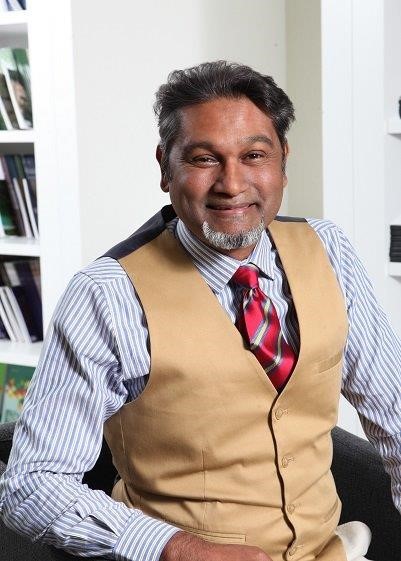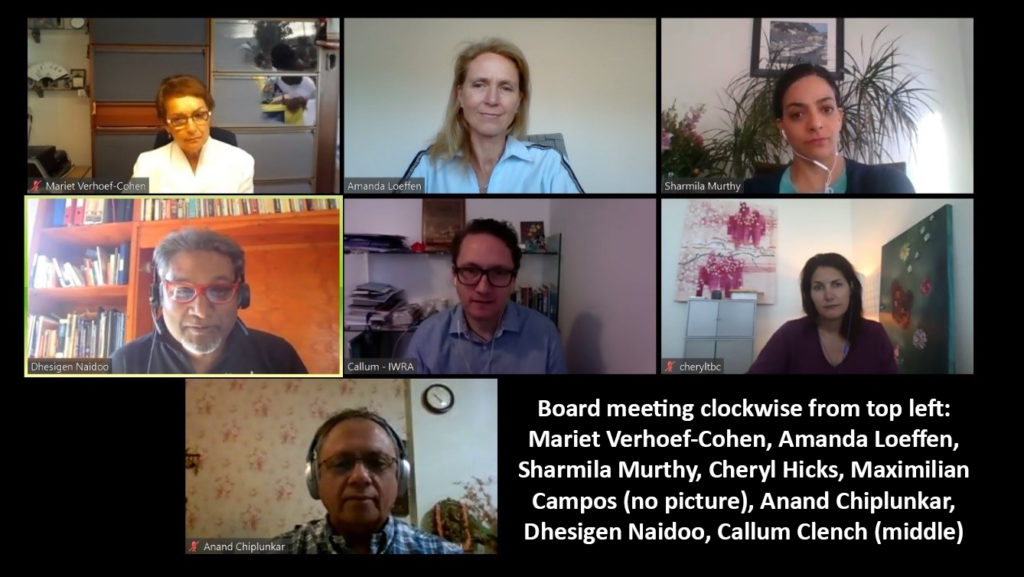26th May 2020, Geneva
Human Right 2 Water launches today as an international NGO, following its first AGM on 6th May 2020. It provides a critical knowledge hub for the integration of human rights to water and sanitation into governance systems.
With today’s pandemic there is an undeniable sense of urgency for solving the world’s pandemic crisis for corona virus. Statistics show that 5 out of 10 schools are without soap and water for students, and
4 out of 10 people are still without access to water and soap for handwashing in their households[1],
The vision of the new organisation is a world where all
people realise the human rights to water and sanitation. It achieves this
through the use and sharing of expert knowledge on how the human rights to
water and sanitation should be integrated into law, policy and practice. The
goal is to realise safe and sustainable access to water and sanitation for all,
including the most vulnerable and marginalised.
The UN General Assembly recognised the human rights to water and sanitation ten years ago this July. Now recognised as two separate human rights, both the rights to water and sanitation have become integrated in the constitutions of more than 50 countries, with Costa Rica as the latest to join the list on 20th May 2020, for the human right to water (press release).

We will be introducing Human Right 2 Water’s new President, Dhesigen Naidoo, at the forthcoming launch webinar on “Emergency responses linking Corona Pandemics (COVID 19) and human rights to water and sanitation” on 3rd June at 2pm CET (link to webinar).
“It is difficult to see how the world can prevent such crises in future without a sustainable approach to protecting human rights to water and sanitation” Dhesigen Naidoo
Dhesigen is currently CEO of the Water Research Commission in South Africa, the national dedicated Water research steering and funding institution. In addition he is a member of the National Council on Innovation (NACI) and a founding member of the Water Policy Group. He also served as an official in the South African government between 1996 and 2007 and is strategically aligned with the main objectives of Human Right 2 Water. In particular, he sees the potential to scale up many of the innovative solutions that are currently available at community level, through a human rights-based approach.
The Board members are senior leaders from a wide range of geographical and thematic backgrounds, related to water resources management, water and sanitation supply, and international human rights and water law. We are very pleased to welcome Callum Clench as the Secretary (Executive Director of IWRA), Anand Chiplunkar (former Director, Urban Development and Water Division, Asian Development Bank), Maximiliano Campos (Chief of Integrated Water Resource Management Division at the Organisation of American States), Cheryl Hicks (CEO of Toilet Board Coalition), Sharmila Murthy (Associate professor at Suffolk University, and expert in International Human Rights Law), and Mariet Verhoef-Cohen (President of the Women for Water Partnership).

Human Right 2 Water is an international NGO registered in Switzerland operating through a virtual structure, bringing together the skills of its membership and experts in water and sanitation governance and international human rights from around the globe.
So why the name? Chief Executive, Amanda Loeffen, previously Director General of WaterLex, Amanda wanted to find a name that was obviously related to human rights. Positioning their work as Human Right 2 Water it is easy to see where the organisation is setting its goals.
“Human Right 2 Water will aim to strengthen governance systems for giving women, girls and vulnerable groups more dignity”, Amanda Loeffen
The Human Rights to Water and Sanitation are becoming even more important for long term protection of the right to health, as the Corona pandemic is demonstrating. The stress on the environment through climate change can also be mitigated through a holistic approach to water management, that includes a human rights-based approach. If we consider some of the vulnerable groups such as indigenous peoples, and migrants, it is evident that greater emphasis needs to be given to the realisation of water and sanitation solutions. Water management, including wastewater, in rural settings is critical for protecting the availability, quality and accessibility of water.
Human Right 2 Water hopes that through the continued push for realising these rights in law, policy and practice, that they can help all people to realise a wide range of human rights, including the right to health, a healthy environment, food, and a life lived in dignity.

